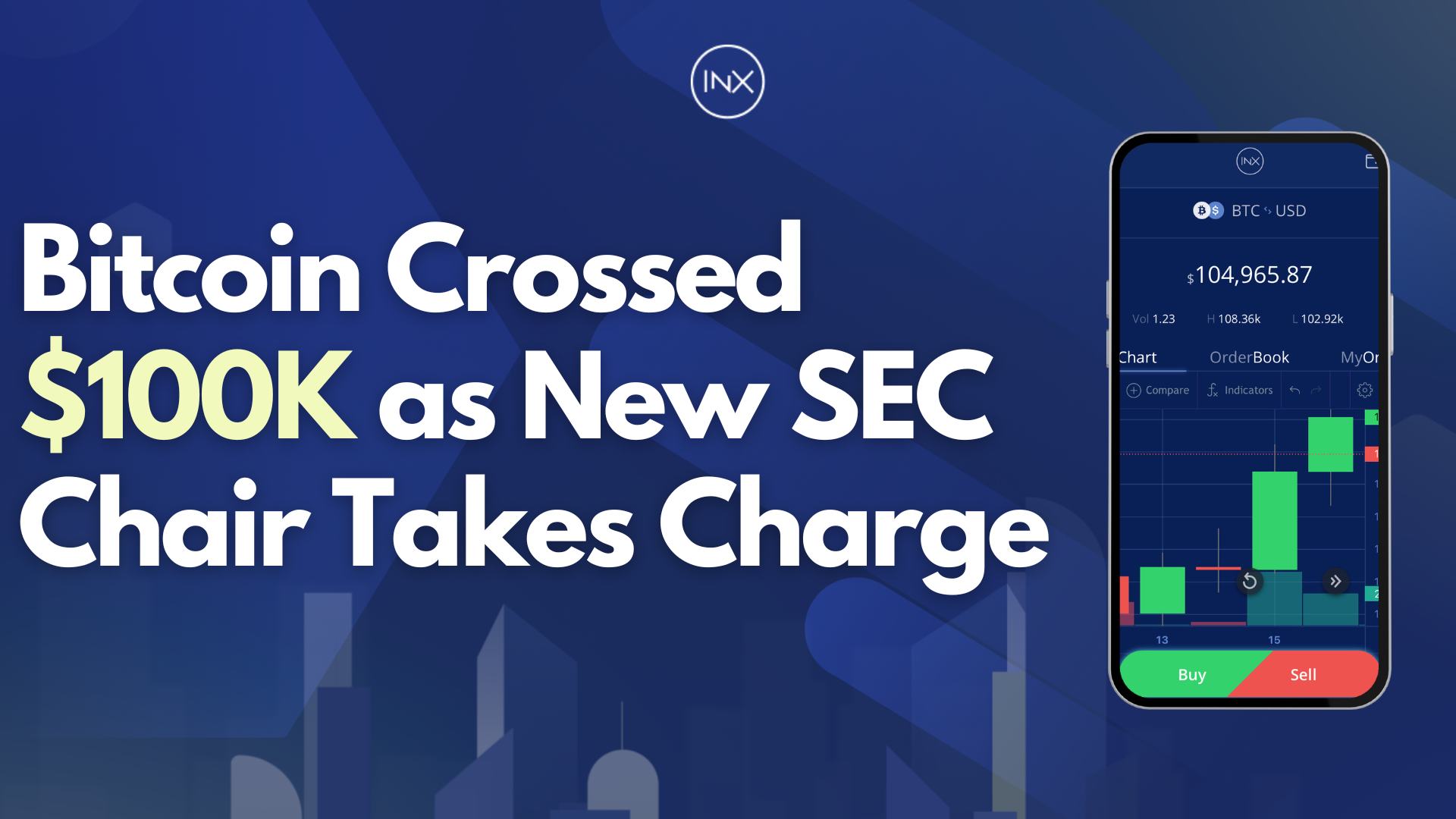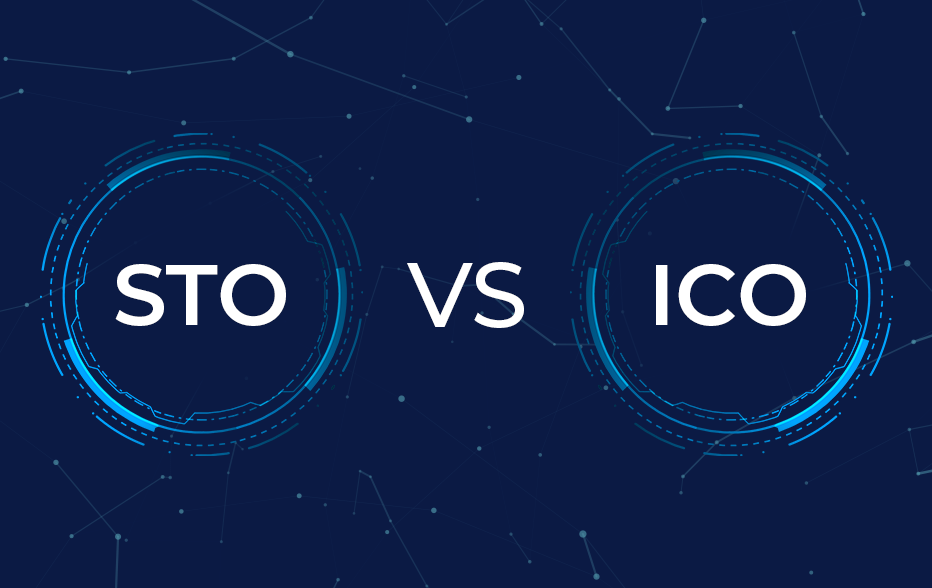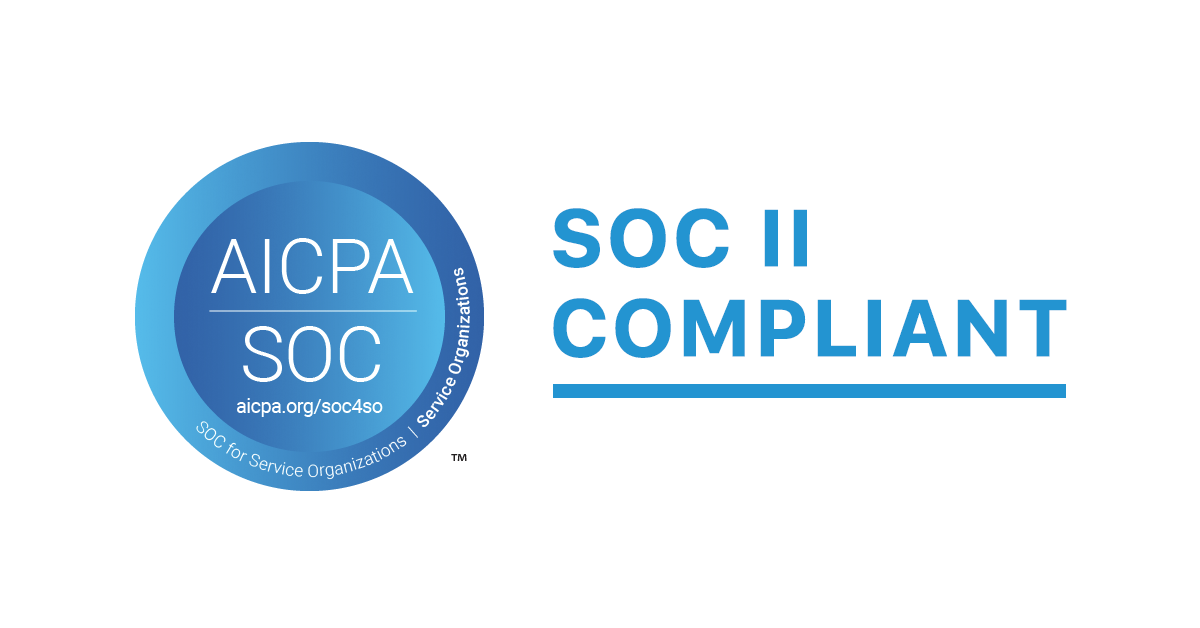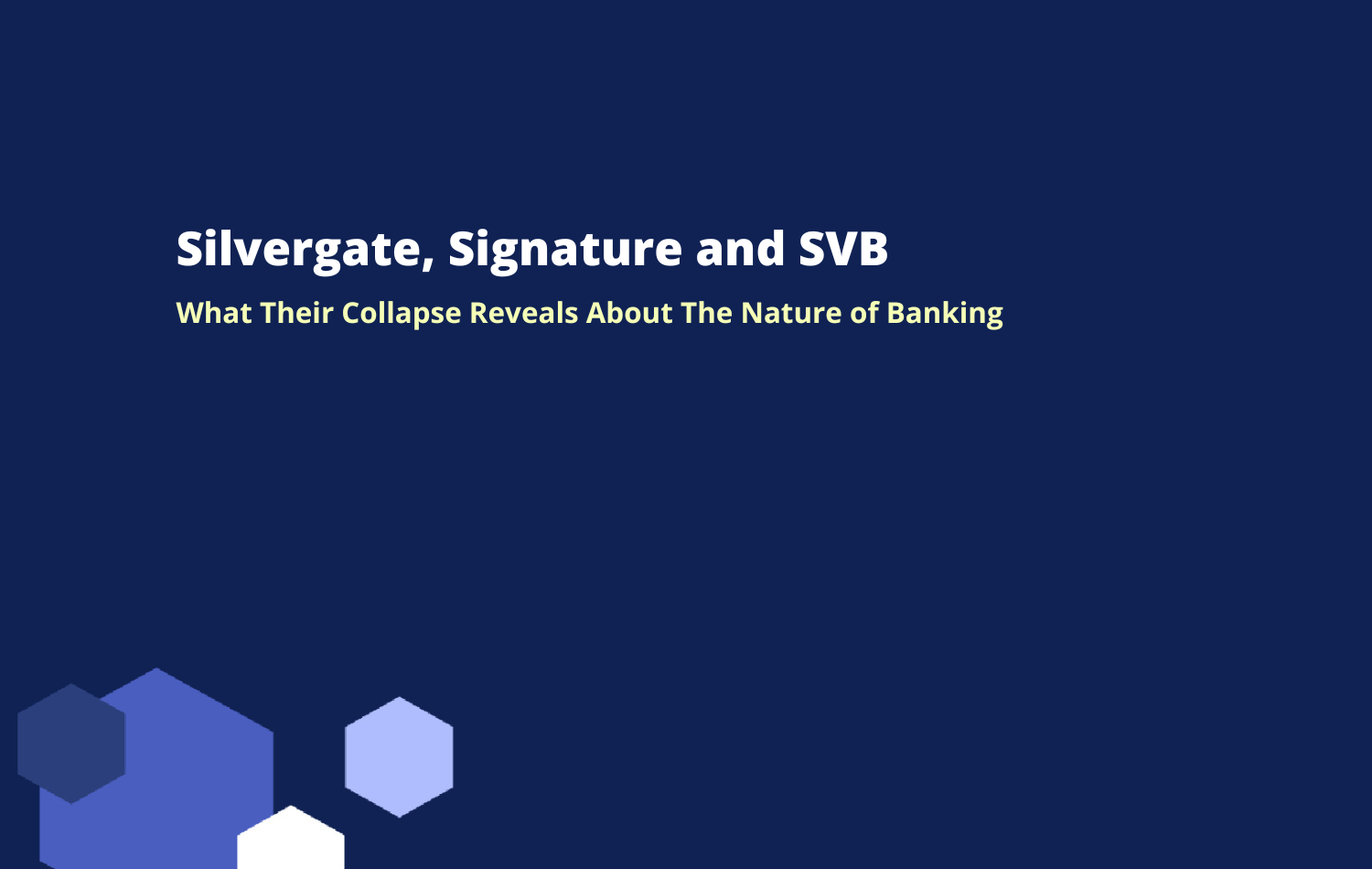TradFi, DeFi and the Future of Digital Finance
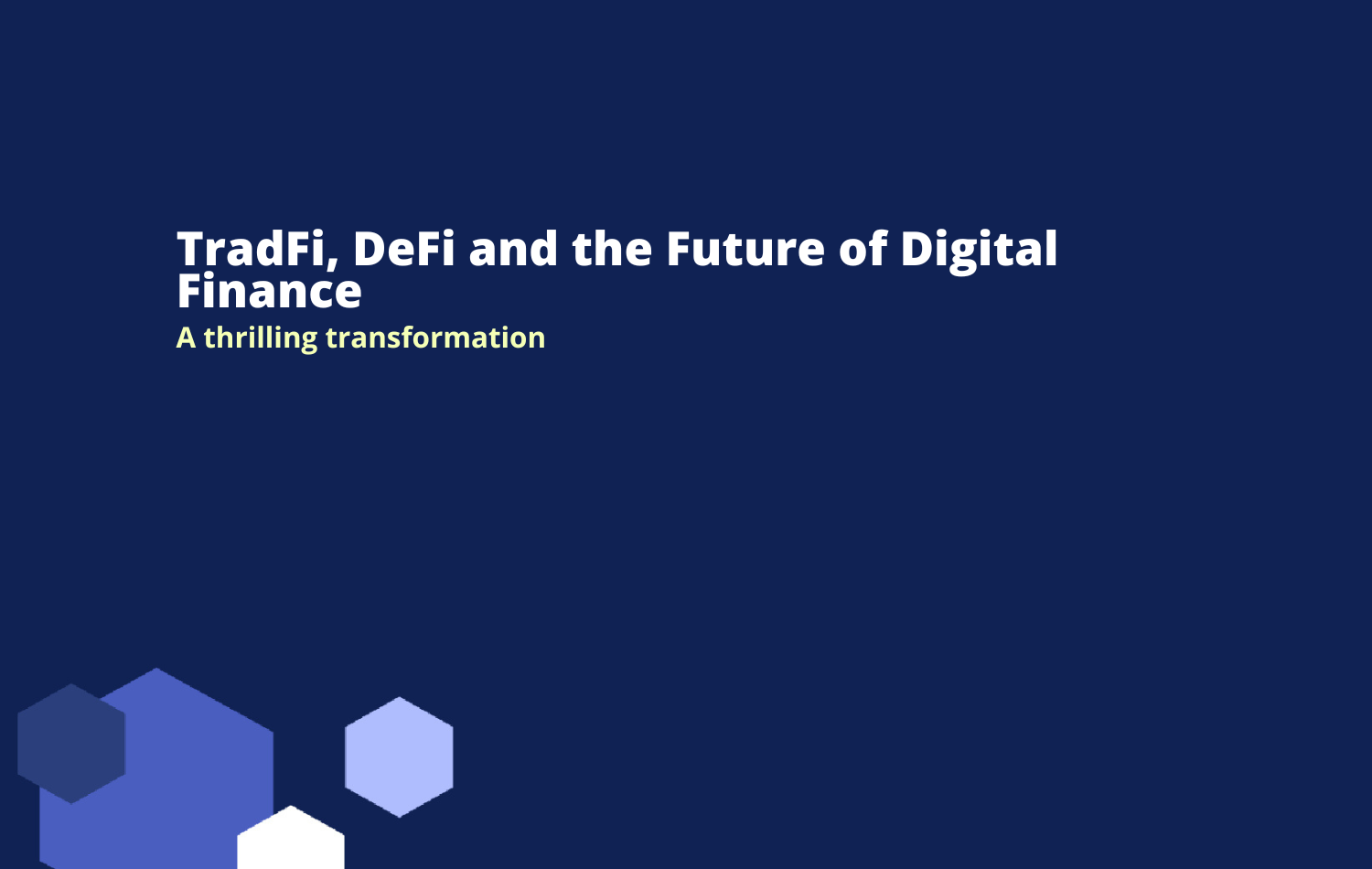
The financial world is witnessing a thrilling transformation as Decentralized Finance (DeFi) takes center stage, shaking the very foundations of traditional financial (TradFi) systems. Emerging from a humble idea to amassing nearly a quarter trillion dollars in total value locked (TVL) in just a few years, DeFi has proven itself to be a force to be reckoned with source. Yet, if DeFi is to shatter its glass ceiling, it must adapt itself to the needs of large financial institutions in order to attract fresh waves of capital. A new movement is emerging at the intersection of DeFi and TradFi, combining the best of both worlds into a transformative financial system with more opportunities for all.
What is DeFi? Disrupting the Financial Landscape
DeFi, short for Decentralized Finance, is a radical departure from the traditional finance paradigm. This groundbreaking concept leverages blockchain technology to create a decentralized ecosystem of financial products and services, eliminating the need for intermediaries like banks and financial institutions. By reimagining conventional finance and infusing it with cutting-edge tech, DeFi has emerged as a powerful disruptor, carrying many advantages over the traditional system such as:
- Transparency and Trust: DeFi has disrupted the financial landscape by introducing unparalleled transparency through the use of blockchain technology. Every single transaction done on DeFi applications is tracked on a public blockchain which fosters trust and accountability, addressing one of the most significant pain points in traditional finance.
- Retail Empowerment: DeFi empowers retail investors to participate in unique financial activities that were previously unimaginable. For example, providing liquidity and earning yields through platforms such as Uniswap and Aave has democratized access to finance.
- 24/7 Trading and Global Liquidity: DeFi facilitates 24/7 trading and global liquidity, enhancing market efficiency and accessibility. This feature allows investors across the world to access financial products and services without restrictions, bridging the gap between different time zones and jurisdictions.
Unregulated and Niche: DeFi’s Glass Ceiling
Despite its breakthroughs, DeFi faces limitations that prevent it from fully replacing traditional finance.
- For starters, the lack of regulation in DeFi creates uncertainty and impedes institutional investors from participating. DeFi applications are permissionless, which means that anyone can access them without having to verify their identity. While such decentralization is the cornerstone of DeFi’s disruptive power, it also poses challenges, especially when it comes to attracting institutional investors.
- Traditional financial institutions have stringent policies in place to verify customer identities and monitor transactions to comply with Know Your Customer (KYC) and Anti-Money Laundering (AML) requirements. Trading on a platform that doesn’t comply with KYC and AML is unacceptable to many investment banks, pension funds, hedge funds, and other traditional asset managers, making them unlikely to participate in the DeFi boom under its current regime.
Yet, out of the challenge springs an opportunity to bring together DeFi and institutional investors and pave the way for the transformation of global finance.
DigiFi: The Great Convergence of TradFi and DeFi
DeFi’s path to wider adoption runs through a harmonious integration of several key principles from the TradFi world it left behind. A hybrid model for digital finance, or DigiFi, that combines the benefits of decentralized finance with the regulatory oversight of traditional finance could be the best path forward.
With DigiFi, investors can use their security tokens as collateral for loans, stake them for interest, and trade them on peer-to-peer DEXes. This model is fully compliant with regulatory requirements and offers greater transparency and accessibility to investors. Additionally, DigiFi’s use of blockchain technology ensures that all transactions are securely recorded on a decentralized ledger, which fosters trust and accountability in the financial system.
DeFi Grows Up
DeFi has already disrupted the financial world by introducing transparency, accessibility, and trust to financial transactions. However, to unlock its full potential and attract institutional investors, it must integrate with traditional finance and address the regulatory challenges it faces. The great convergence of DeFi and TradFi offers a path to a more comprehensive financial system that combines the best of both worlds, and the possibilities it holds are truly exciting.
David Azaraf April 24, 2023
Crypto enthusiast, help businesses plug into the token economy

